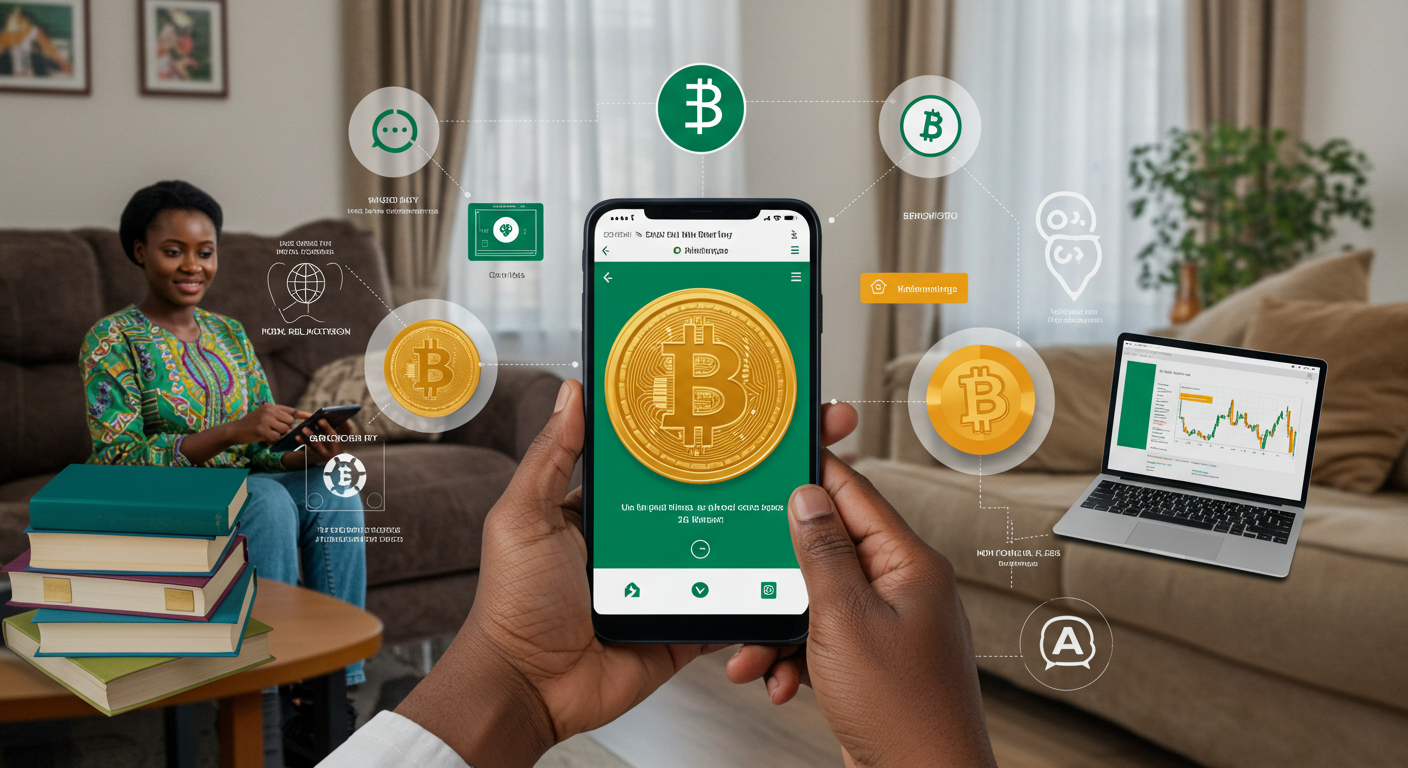
How Nigerians Are Using Crypto to Pay for School Fees
- Posted on: June 1, 2025
In recent years, cryptocurrency has gone from being a buzzword in tech circles to a practical financial tool for millions of people worldwide — including in Nigeria. Among its many uses, one surprising trend is emerging: Nigerians are increasingly turning to crypto to pay for school fees, both locally and abroad.
Why Crypto? A Response to Economic Realities
Nigeria’s fluctuating naira, rising inflation, and strict banking regulations have pushed many to seek alternative financial solutions. Cryptocurrency, particularly stablecoins like USDT (Tether), has become a reliable store of value and means of transaction, especially for international payments.
Here’s why crypto is becoming a preferred method for paying school fees:
1. Protection Against Naira Devaluation
The naira has experienced significant devaluation in recent years. As a result, many Nigerians prefer holding stablecoins like USDT or USDC, which are pegged to the U.S. dollar. Families saving for tuition fees find crypto useful for preserving value over time without the risk of losing money due to currency depreciation.
2. Faster and Cheaper Cross-Border Payments
Sending money abroad through traditional banks or remittance services can be slow and costly, often incurring high fees and poor exchange rates. Crypto transactions, on the other hand, are faster and often cheaper. Many Nigerian parents use blockchain networks such as Tron (TRC-20) or Binance Smart Chain (BEP-20) to send USDT or BUSD to relatives or agents abroad who then pay tuition in fiat.
3. Access to International Education
For students studying in countries like Canada, the UK, Ghana, or Cyprus, making tuition payments from Nigeria can be challenging. Some schools and universities now accept crypto directly or through payment processors, while others accept tuition via agents who convert crypto to local currency and pay on the student’s behalf.
4. Avoiding Banking Limitations
Nigerian banks often limit the amount of money individuals can spend on international transactions, and many face issues with Form A and CBN clearance. Crypto provides a more direct path, bypassing bureaucratic hurdles and delays.
How It Works: Step-by-Step
Parents or sponsors buy crypto (usually USDT or BTC) from local exchanges like EootleX, Binance P2P, or peer-to-peer platforms.
They transfer the crypto to an intermediary — often a trusted agent, educational consultant, or family member abroad.
The intermediary converts the crypto to fiat and pays the tuition directly to the school.
Receipts and confirmations are sent back to the sponsor for verification.
This process, though informal, has grown more popular due to its speed and reliability.
Risks and Considerations
While crypto offers convenience, it’s not without risks:
Volatility: Cryptocurrencies can fluctuate in value rapidly (except stablecoins).
Scams: With the rise in crypto adoption, scams are also on the rise. It’s important to use trusted platforms and verified agents.
Lack of regulation: The Nigerian government has placed restrictions on banks dealing with crypto, which means users must tread carefully and understand the legal implications.
A Look to the Future
As global education becomes increasingly borderless, the role of crypto in facilitating payments will only grow. More educational institutions are expected to adopt blockchain-based payment systems or work with crypto payment processors. Meanwhile, platforms like EootleX are helping bridge the gap, making crypto more accessible and practical for everyday financial needs like education.
Final Thoughts
What started as an alternative investment or digital curiosity has now become a lifeline for Nigerian families looking to navigate a tough economic climate and secure quality education for their children. Whether it’s preserving the value of tuition funds or bypassing banking restrictions, cryptocurrency is reshaping how Nigerians approach school fee payments — one transaction at a time.
